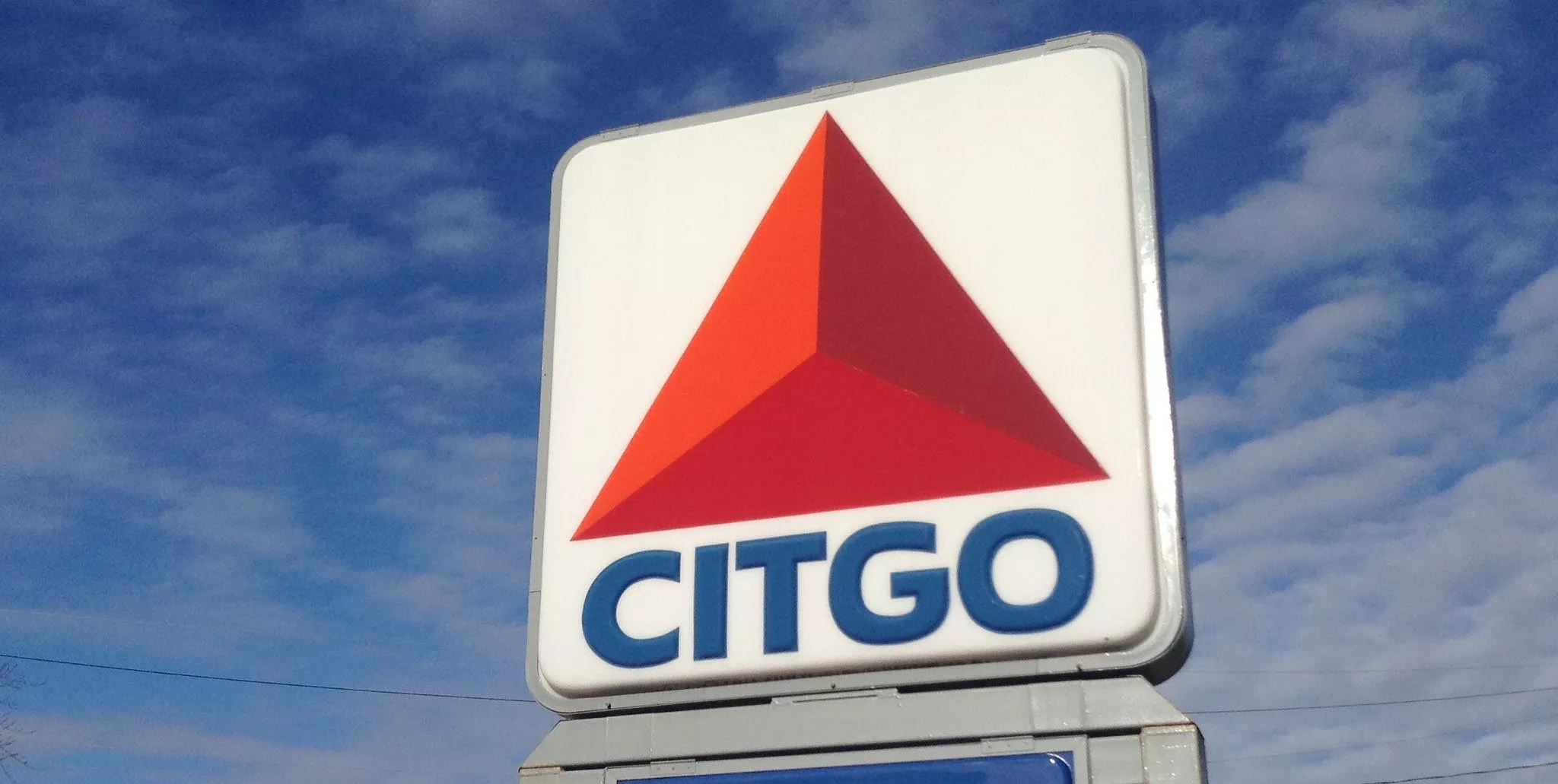
Photo by Mike Mozart / Flickr

Audio By Carbonatix
Last month, Miami’s federal prosecutors unveiled a string of indictments in an international scheme to funnel a staggering $1.2 billion out of Venezuela’s state-owned oil firm and then launder that money in South Florida. In fact, prosecutors believe that Venezuelan President Nicolás Maduro is wrapped up in the scheme, the Miami Herald reports.
Now, federal authorities say they’ve caught another man tied to the racket. Jose Manuel Gonzalez Testino, a 48-year-old dual U.S.-Venezuelan citizen, was arrested at Miami International Airport this past Tuesday after he was charged with paying off Venezuelan oil officials in exchange for lucrative government contracts.
“Gonzalez and a co-conspirator paid at least $629,000 in bribes to a former Petróleos de Venezuela, S.A. (PDVSA) official,” the feds say in a statement, in exchange for contracts and payments in U.S. dollars instead of Venezuelan bolivars, which have suffered such high inflation they’re nearly worthless.
The feds have now charged 17 people, including Gonzalez, with crimes related to corruption at PDVSA. So far, 12 have pleaded guilty. Among other companies, PDVSA owns the oil brand Citgo, operating in the United States.
Of course, there’s a level of irony that U.S. prosecutors are targeting Venezuelan oil company corruption when American petroleum firms have been accused of absurd levels of government corruption and human-rights violations (especially in Latin America) for the past century without any real punishment.
But at the same time, PDVSA’s corruption has been thoroughly documented and has had a devastating impact on Venezuelans. Economists say Venezuela’s current economic crash and hunger crisis are tied entirely to government mismanagement and corruption. Under former leader Hugo Chávez, Venezuela operated as a single-industry “petro-state” that relied on oil profits to buy virtually all other goods from other nations and to fund government social programs. (Oil-related economic busts have been a recurring issue in Venezuela for decades, albeit not to this extent.) That government model worked pretty well for both the Chávez and Maduro administrations until global oil prices dropped in 2014 and the country could no longer afford anything. Enter the starvation crisis and Maduro’s subsequent human-rights crackdown.
In the meantime, it sure seems as if Venezuelan officials were also siphoning streams of public money from PDVSA when the nation’s citizens needed it most. Maduro himself arrested PDVSA employees in 2017 in a corruption “purge” that most analysts assumed was a political stunt to consolidate power and win popular support. According to the Miami Herald, U.S. federal prosecutors now say a web of PDVSA officials used “bribes and fraud” to siphon more than $1.2 billion from PDVSA by 2015 using a scheme that took advantage of Venezuela’s government-set exchange-rate system.
Thanks to differences between the government-set and actual, in-practice exchange rate, the feds say thieves were able to convert Venezuelan bolivars to dollars at an extremely favorable rate. Prosecutors say a confidential informant cooperated during a multiyear investigation called “Operation Money Flight” and even wore a wire to record Venezuelan officials laundering $78 million in PDVSA money out of the nation.
Prosecutors say the thieves spent some of that total, $1 billion haul on condominiums at the Porsche Design Tower in Sunny Isles Beach, which has also been tied to a money-laundering probe in Brazil, among other properties. Last year, New Times and the Houston Press detailed how Venezuelan “boligarchs” (a portmanteau of the words “oligarch” and “bolivar”) have stashed millions in real estate in the two cities.
Though many of the defendants in the latest case are Venezuelan nationals who will likely never be extradited to the United States to face charges, two alleged conspirators – German-Venezuelan Matthias Krull, a Swiss-bank employee who allegedly helped launder the money; and Gustavo Adolfo Hernández Frieri, a naturalized American citizen accused of money laundering – were arrested in Miami and Italy, respectively, last month.
“Two years and over one hundred recordings later, Operation Money Flight revealed an international conspiracy to launder the PDVSA funds through Miami and several large-scale international money-laundering organizations,” the federal complaint reads. “More specifically, the investigation revealed the use of Miami real estate and sophisticated false-investment schemes to launder hundreds of millions of U.S. dollars.”
The case against Gonzalez outlines what sounds like classic government-contracting corruption: The feds say Gonzalez funneled money to an official in PDVSA’s procurement unit, Bariven, from 2012 to 2013. The unnamed official has already pleaded guilty to conspiring to launder money in a separate case.